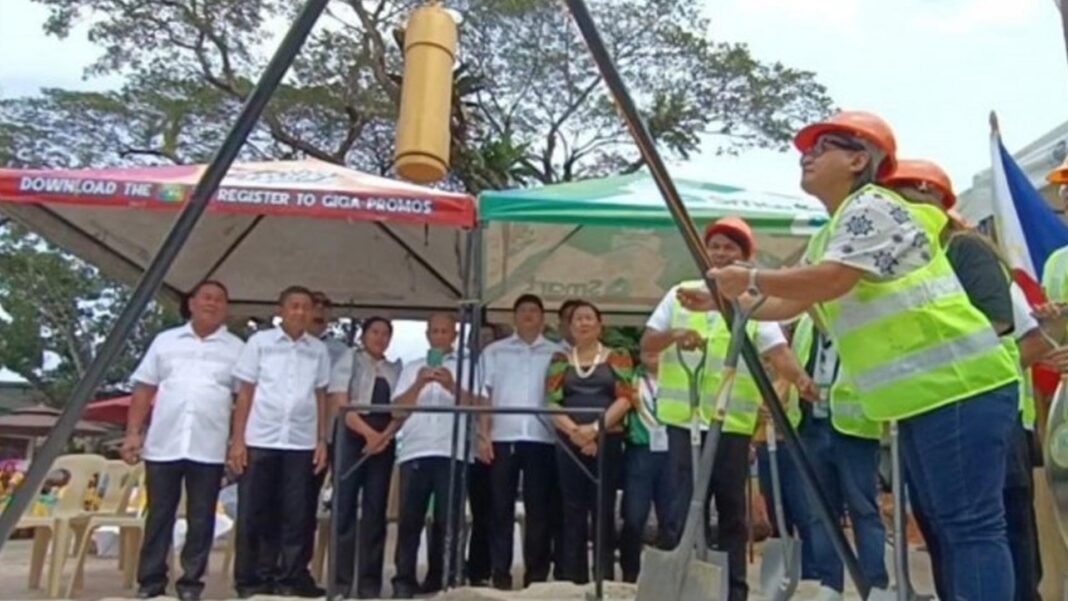With just days before President Ferdinand Marcos Jr. delivers his State of the Nation Address (SONA), the government’s continuing rollout of Super Health Centers (SHCs) has become a key highlight in the administration’s health agenda.
According to the Department of Health (DOH), over 600 SHCs have already been funded and constructed nationwide since the program began in 2022.
These centers are designed to bring essential medical services closer to communities, especially in far-flung and underserved areas.
Citing that SHCs are part of the government’s long-term strategy under Republic Act 11223 or the Universal Health Care (UHC) Law, DOH Secretary Teodoro Herbosa said these facilities are established to decongest hospitals and to provide quality and accessible healthcare at the community level.
They were introduced in 2021, serving as an enhanced version of rural health units equipped with basic to intermediate health services such as laboratory testing, X-ray, ultrasound, electrocardiogram, outpatient consultations, maternal and child services, tuberculosis screening, minor surgeries, ambulatory surgery.
They also serve as satellite vaccination sites, pharmacy dispensaries, and referral systems for more specialized care to date.
In 2022, about 307 SHCs were established nationwide. These were followed by 322 in 2023, and 132 in 2024. The DOH identifies the strategic areas where these centers will be established since they act as a key support layer between barangay-level health units and hospitals.
This year, additional SHCs were opened in Pangasinan, Eastern Visayas, and Zamboanga City, apart from those already operating in Aklan, Agusan del Sur, Bulacan, Cebu City, Dinagat Islands, Leyte, and Northern Samar, among others.
Last Feb. 27, a groundbreaking ceremony for a super healthcare facility, which will cost PHP187 million, was held at Barangay Iluluan in Camalig, Albay.
DOH officials and the local government unit of Matag-ob in Leyte also led the groundbreaking ceremony of a PHP12-million SHC to be under the DOH Health Facility Enhancement Program last Feb. 28.
On March 24, then Manila Mayor Honey Lacuna led the groundbreaking ceremony for a PHP50-million SHC in Sampaloc.
Senator Christopher “Bong” Go is the main proponent of SHCs under the UHC Law and Republic Act 11959, or the Regional Specialty Centers Act, underscoring their importance in delivering preventive care and early disease detection.
He said the expansion of SHCs reduces hospital crowding and financial burdens from travel experienced by patients while strengthening the country’s primary healthcare network.
Local government units have partnered with the DOH for construction and operations, with funding channeled through the Department of Public Works and Highways (DPWH).
The Marcos administration aims to complete hundreds more SHCs in the coming years, with improvements to include expanded diagnostics, mental health support, and digital health integration.
As the country continues to recover from the long-term effects of the coronavirus disease 2019 pandemic, SHCs are expected to play a vital role in building a more resilient, inclusive, and community-based health system. (PNA)


